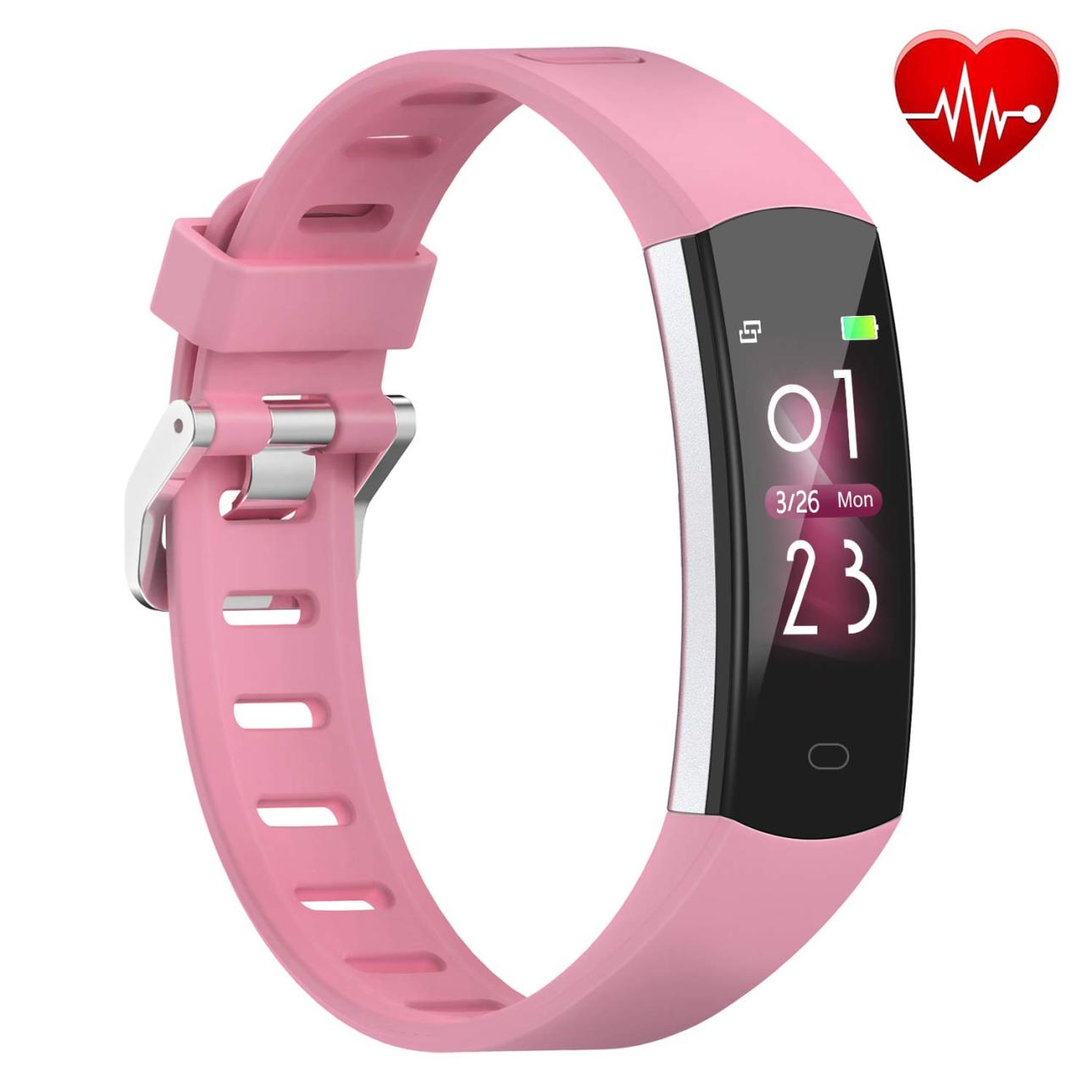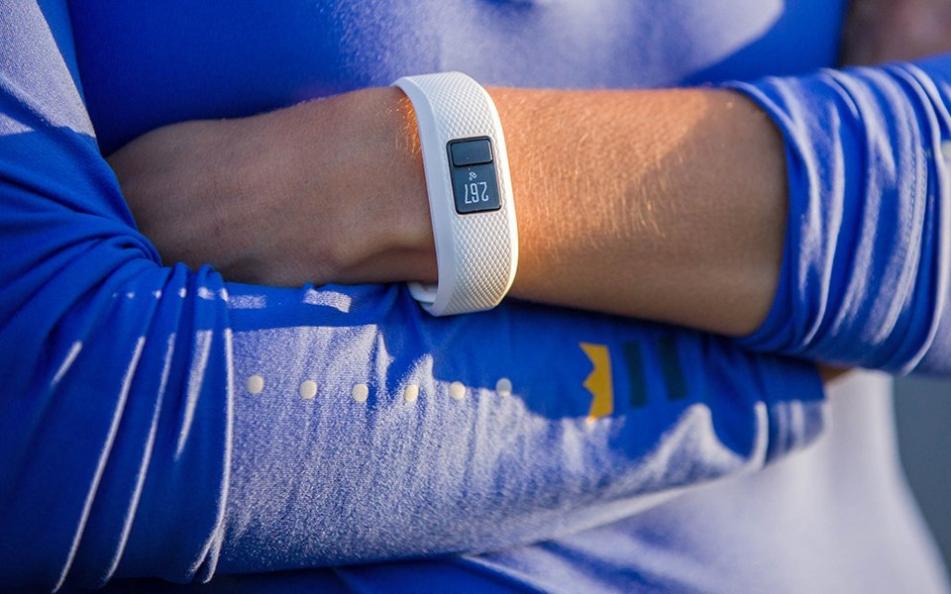How Can I Use a Fitness App to Track My Progress?
In today's digital age, fitness apps have become indispensable tools for individuals seeking to achieve their fitness goals. These apps offer a plethora of features designed to help users track their workouts, monitor their progress, and stay motivated on their fitness journey.

Benefits Of Using Fitness Apps To Track Progress
- Convenience: Fitness apps are accessible 24/7, allowing users to track their progress from anywhere, at any time.
- Accuracy: Fitness apps use advanced algorithms to accurately measure and record workout data, providing users with precise insights into their performance.
- Motivation: Fitness apps often incorporate gamification elements, such as challenges and rewards, to keep users engaged and motivated.
- Personalization: Fitness apps allow users to customize their experience by setting personalized goals, tracking specific metrics, and receiving tailored recommendations.
- Community: Many fitness apps offer community features, such as forums and social media groups, where users can connect with like-minded individuals and share their fitness journey.
Choosing The Right Fitness App
With numerous fitness apps available, selecting the right one can be daunting. Here are some key factors to consider:
- Fitness Goals: Consider your specific fitness goals, whether it's weight loss, muscle building, or improved cardiovascular health. Choose an app that aligns with your objectives and provides features tailored to your needs.
- Features: Evaluate the features offered by different apps, such as workout tracking, progress monitoring, nutrition tracking, sleep tracking, and community features. Select an app that offers the features most relevant to your fitness journey.
- User Interface: The user interface of a fitness app plays a crucial role in its usability. Look for an app with a clean, intuitive interface that is easy to navigate and understand.
- Compatibility: Ensure that the fitness app you choose is compatible with your smartphone or other devices. Consider whether the app is available on both iOS and Android platforms or if it offers a web-based version.
- Cost: Fitness apps range from free to premium subscriptions. Choose an app that fits your budget and offers the features you need at a reasonable price.
Some popular fitness apps include:
- MyFitnessPal: Known for its comprehensive food and exercise tracking features, MyFitnessPal is a popular choice for those looking to manage their weight.
- Nike Training Club: This app offers a wide range of workouts and training plans, making it suitable for individuals of all fitness levels.
- Strava: Primarily focused on tracking outdoor activities such as running, cycling, and hiking, Strava is a favorite among endurance athletes.
- Peloton: Peloton offers live and on-demand fitness classes, including cycling, running, yoga, and strength training, making it a great option for home workouts.
- Fitbit: Fitbit devices and their accompanying app provide comprehensive tracking of steps, calories burned, sleep, and other health metrics.
Setting Up Your Fitness App
Once you have chosen a fitness app, it's time to set it up and start tracking your progress. Here are the general steps involved:
- Create an Account: Download the fitness app from the App Store or Google Play and create an account using your email address or social media profile.
- Enter Personal Information: Provide basic personal information such as your name, age, height, weight, and gender. This information is used to calculate accurate calorie burn and other metrics.
- Set Goals: Define your fitness goals, whether it's losing weight, building muscle, or improving your endurance. Some apps allow you to set specific, measurable, achievable, relevant, and time-bound (SMART) goals.
- Customize Your App: Many fitness apps allow you to customize the interface, choose preferred units of measurement, and select the activities you frequently engage in.
Tracking Your Workouts

Fitness apps offer various ways to track your workouts, depending on the type of activity and the app's features.
- Manual Entry: Some apps allow you to manually enter workout details, such as the exercise, sets, repetitions, and weight lifted.
- GPS Tracking: For outdoor activities like running or cycling, GPS tracking can automatically record your route, distance, and pace.
- Device Integration: Many fitness apps integrate with wearable devices like smartwatches and fitness trackers. These devices can automatically track your steps, heart rate, and other metrics during workouts.
It's important to be consistent and accurate when tracking your workouts. Regularly logging your exercise sessions allows you to monitor your progress, identify trends, and make adjustments to your fitness routine as needed.
Monitoring Your Progress
Fitness apps use various metrics to measure your progress and help you stay motivated.
- Calories Burned: Most fitness apps estimate the number of calories you burn during workouts, helping you track your calorie expenditure and manage your weight.
- Distance Traveled: For outdoor activities like running or cycling, fitness apps track the distance you cover, allowing you to monitor your endurance and progress.
- Steps Taken: Fitness apps track your daily step count, encouraging you to stay active throughout the day and meet your step goals.
- Workout Duration: Tracking the duration of your workouts helps you measure your consistency and identify areas where you can gradually increase your workout time.
- Strength Gains: Some fitness apps allow you to track your strength gains by logging the weight you lift during resistance training exercises.
By monitoring your progress over time, you can stay motivated, celebrate your achievements, and make informed adjustments to your fitness routine to continue making progress.
Additional Features Of Fitness Apps
In addition to tracking workouts and monitoring progress, many fitness apps offer a range of additional features to enhance your fitness journey.
- Nutrition Tracking: Some fitness apps allow you to log your food intake, track your macronutrient distribution (proteins, carbohydrates, and fats), and monitor your calorie consumption.
- Sleep Tracking: Fitness apps with sleep tracking features can monitor your sleep patterns, duration, and quality, helping you optimize your sleep for better recovery and overall well-being.
- Community Features: Many fitness apps have built-in community features, such as forums, social media groups, and challenges, where users can connect with like-minded individuals, share their experiences, and motivate each other.
- Challenges and Rewards: Fitness apps often incorporate challenges and rewards to keep users engaged and motivated. These challenges can range from daily step goals to completing specific workouts or achieving certain milestones.
Fitness apps are powerful tools that can help you track your progress, stay motivated, and achieve your fitness goals. By choosing the right app, setting it up correctly, and consistently tracking your workouts, you can gain valuable insights into your fitness journey and make informed adjustments to improve your results. Whether you're a beginner or a seasoned athlete, a fitness app can be an invaluable companion on your path to a healthier and fitter lifestyle.
YesNo

Leave a Reply